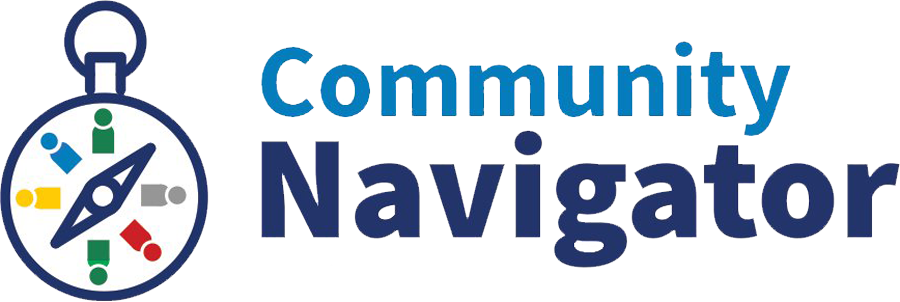Entrepreneurs are looking to shake things up in New Hampshire's culinary terrain
Andrea O'Brien, business advisor and lead Inclusivity Commitment Advisor for New Hampshire's Small Business Development Center (SBDC), brings forward client experiences from the Community Navigator Program and insight on how the development of NH's international food scene is contributing to the expanding palette of our state.
The Community Navigator Program is an American Rescue Plan initiative designed to reduce barriers that underrepresented and underserved entrepreneurs often face in accessing the programs they need to recover, grow, or start their businesses. Through this pilot program, Andrea O'Brien brought her more than 30 years of expertise in the field, advising and educating within New Hampshire’s underserved communities as part of the Community Navigator program.
O'Brien, along with input from CNP clients LaFortune Jeannette Djabea, founder and president of Mola Foods, and Patty Sabol, founder of Maddy’s African Market and Maddy’s Restaurant, speak to the hurdles of starting up a new business and how the CNP offered up some helpful resources to grow and thrive.
What was the most impactful aspect of this additional funding from the CNP?
O'Brien: Navigator has carved out some resources to focus on individuals from minority communities, new Americans, and underserved populations. I've been focusing on connecting to individuals that fall into that group. And we've found that strategizing when it comes to finances has been one of the areas that benefit from the extra assistance. With the additional funding, the advisors can spend more time working one-on-one with clients, not doing the work for them but rather doing it together so that they know what's going where and can take the information with them moving forward.
When we work with small businesses in the food industry, we want them to plan, write the numbers on paper, and see how much money it would take for them to feel stable. From there, they can refocus on marketing and food costs or restrategize their menu without worrying about whether or not the lights will be shut off.
Sabol: Bookkeeping was the biggest help, along with tech support. Coming into this, I needed to learn how to organize myself as a business owner and I didn't even know where to start. It's been much easier with Andrea.
What are the hopes in bringing your unique flavors to New Hampshire?
Djabea: For me, this is a pathway to repair the stigma around African cuisine. All of the great food and delicious cuisine that Africa possesses could be represented better on a world platform. People like myself and others in New York and Chicago are now working to bring it to the forefront. We want people to know that African cuisine is a delectable one. People can stop by and eat and enjoy something new, different, and exciting.
SBDC’s dedicated team of certified business advisors delivers highly individualized, confidential advising at no charge to enterprises across New Hampshire, from the towns along the Connecticut River to the Seacoast to the North Country and every point in between. We offer entrepreneurial education through no-cost eCourses, live webinars such as Business Basics, and other programs. The SBDC annually impacts more than 3,000 small businesses and 200 New Hampshire communities.
The Community Navigator Program stands as a statewide initiative, strategically designed to facilitate outreach efforts toward small businesses owned or initiated by historically underserved community members. This program specifically targets individuals from diverse backgrounds, including Black, Indigenous, and People of Color; immigrants and refugees; veterans; women; individuals with disabilities; formerly incarcerated individuals; and LGBTQ and gender non-conforming individuals.
Operated by CDFA (Community Development Finance Authority), the Community Navigator Program collaborates with resource partners and various organizations to extend targeted support to small businesses in underserved communities. This initiative focuses on establishing a fresh network and fostering meaningful connections among these businesses.
The program's success relies on a well-connected network comprising established microenterprise technical assistance providers, New Hampshire's Small Business Administration office, statewide training initiatives, language-access partners, and grassroots community collaborators. Crucially, the program's funding is made possible through support from the U.S. Small Business Administration.

